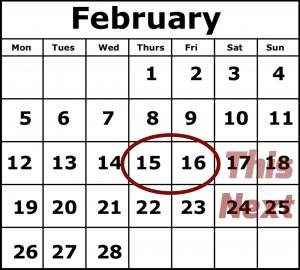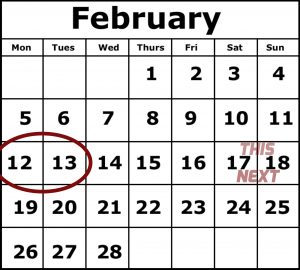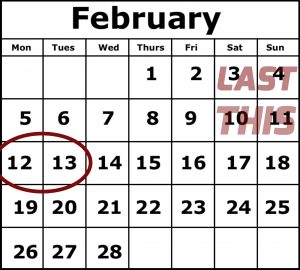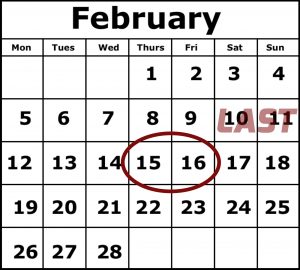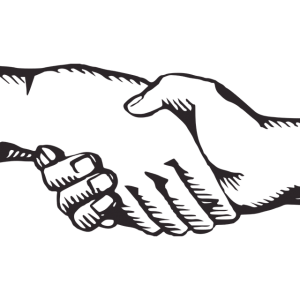
It is hard to make corrections if you don’t know what your mistake is.
Often my students will make a mistake. I will indicate that they made a mistake. Then, they try to correct the mistake with a series of corrections.
Here is an example:
Student: I will go to America in Monday.
Teacher: In Monday?
Student: At Monday?
Teacher: …
Student: On Monday?
Teacher: Yes, that is right.
Do you think the student will remember this correction? Probably not.
Usually, I find the student doesn’t remember the correct phrase because they just guessed until saying the correct one.
So, what should we do as students? And, what should we do as teachers?
First, as students we should acknowledge that we do not know the answer. We should realize that this is an opportunity to learn and improve.
Second, we should ask why the wrong answer is wrong and why the right answer is right.
Third, we should practice using the correction in different contexts.
Finally, we should review it regularly.
Here is an example of good practice:
Student: I will go to America in Monday.
Teacher: In Monday?
Student: Hmmm. What should I say?
Teacher: Monday is a day. For days we use “on”.
Student: I see. “On” is used for days. So, I will go to America ON Monday.
Teacher: Yes, that is right. What will you do on Tuesday?
Student: On Tuesday, I will see the Grand Canyon.
Teacher: What else will you do?
Student: On Wednesday, I will watch a concert in Las Vegas.
What should teachers do in these situations?
First, stop the student from randomly guessing the answer.
Second, ask the student why they chose that word or phrase. Maybe they learned a rule incorrectly or maybe they don’t know the rule at all.
Third, give the student context for using the word / phrase. Show how the word / phrase can be applied in different situations.
Fourth, have the student use the word / phrase in their own examples. If possible ask the student to explain what they now understand.
Finally, review the correction regularly with the student to make it stick.
So, try not to skip over these learning moments. These situations clearly show that improvement can be made. It just takes a little effort.
Natural English used in this post:
make it stick = remember it
skip over = not do something on a list or procedure


